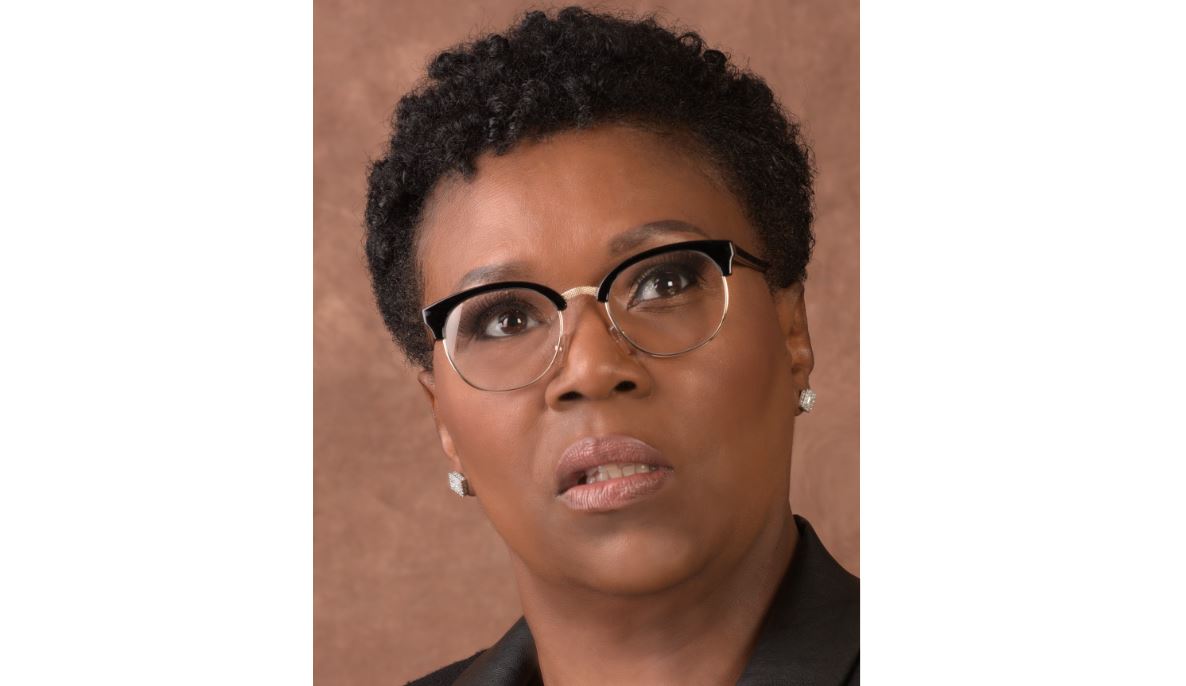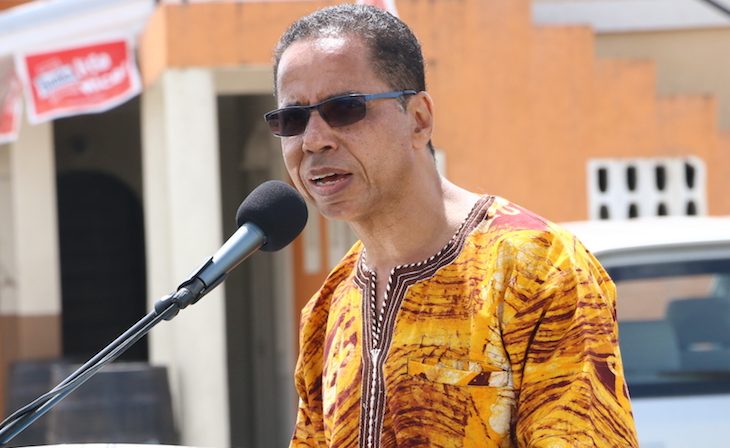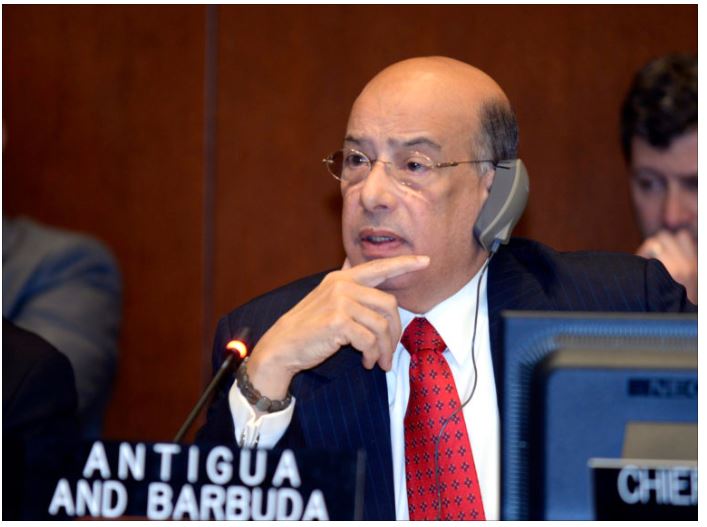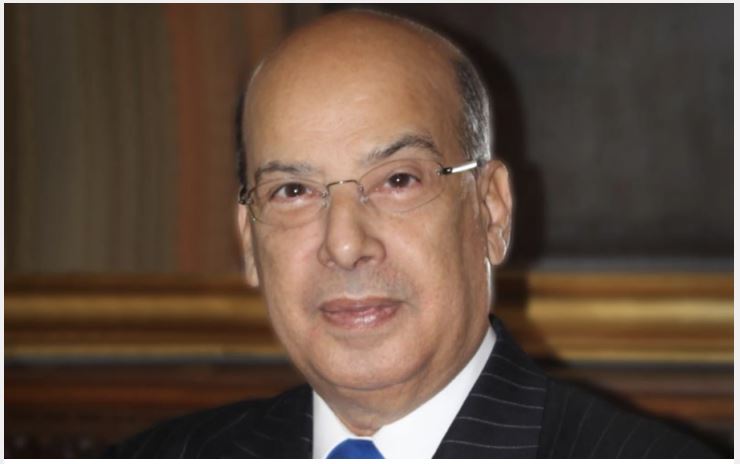Beyond any doubt, the Caribbean’s position in international organizations will improve as its bilateral relations with individual countries get better within the changing international order.
Yet, questions persist of how will this affect the substance of international relations?
Logically speaking, it was the small states of the Caribbean that drew the attention of the world to the complications of decolonization, neocolonialism, state legitimacy, development, nonalignment, equality and social justice, and nonintervention. It was this foundation that provided the enactment of a global south foreign policy, hence interpreting the Caribbean as a pawn in the arena of competition both among superpowers and regional middle powers.
This being the case, Caribbean international relations thus hug a political economic perspective. From here, the haul of US threats to end aid to Caribbean states on a UN vote against Jerusalem, coupled with the stubbornness of the Bolivarian Alliance for the Peoples of Our America (ALBA) nations of the Caribbean non-interventionism of Venezuela enters the picture.
With evidence suggesting that the United Nations General Assembly continues to condemn the economic embargo on Cuba, the isolation of Cuba on the world stage is again apparent, as it refers to voting within the UN system. It must be noted, that the UN is a place where international law is made, and the US blockade is causing innumerable humanitarian damages and major human rights violations, especially where the Caribbean is concerned.
Coupled with this, the changed patterns of United Nations membership are also affecting the prospects for United Nations Security Council reform. At a time when many Caribbean states have no direct foreign policy recommendations, the United States is not using foreign policy and development goals to support democracies and to end poverty, but rather using aid to buy limited foreign policy compliance.
Not only is this working against the broader objectives of the voting practices in the United Nations report, and the way in which the State Department tracks individual countries’ vote in the UN, but hinders the need for the small, weak and defenseless States of the Caribbean Community to seek a rotating seat on the United Nations security council as well.
This means that the Trump administration’s pledge to tie foreign aid more directly to United Nation votes makes it evident that the United States has been using aid to influence its stance at the United Nations, a policy that greatly outfits the peril of compromising US interests not covered by UN votes, weakens the poor countries of the Caribbean when it comes to the allocation of US assistance, intensifies waste in foreign aid and also belittles how global powers may respond as part of a competition for influence.
Moreover, China’s emergence as a major power has consequences on how the United States seeks to employ influence in its US Caribbean relations within the new international order. United Nations voting report cannot be used to determine whether United Nations General Assembly voting behavior will lead to adjustments in aid to countries “engaged in a consistent pattern of opposition to the foreign policy of the United States.”
More significantly, United Nations voting behavior should not affect the subsequent voting practices of Caribbean states. US aid to Caribbean countries should not be consistent with the US vote in the UN system.
In truth, America First Foreign Assistance Policy” cannot continue to entice compliance with US foreign policy preference, or falsify the link between aid and how countries vote at the United Nations. If the goal is to increase foreign policy compliance, based on old Cold War tactics of rewarding aid to member states based on punishment or expectation, then it is evident that the United States cannot continue to solidify support for its position by offering aid as an inducement, both to countries it is trying to win over as well as to those that already supported its position because the Monroe doctrine is over.
It is also obvious that if US government’s foreign policy and development goals are to promote democratic governance around the world, and the claim of the State Department and United States Agency for International Development (USAID) is to “promote and demonstrate democratic values,” then it would seem counterproductive, to engage in a foreign policy approach that unreasonably punishes democracies because of their voting stance at the United Nations.
Elaborating further, the Caribbean is compressed with the malady of food security, marine and coastal resources, dependence on foreign aid and markets for financial growth, the adverse of effects climate change, and is limited to the themes of the United Nations sustainable development goals.
Clearly, United Nation votes cannot be the only thing that impacts aid patterns in the chaotic picture of Caribbean states at the United Nations. Foreign policy compliance at the United Nations, should also consider the latent costs in terms of inconsistent harm to the fragile democracies of the Caribbean region, the weakened efficacy of the aid dollars that are spent, and the conceivable inferences for designs of global influence.
With these relationships in mind, the U.S. should restructure U.S. Caribbean policy within the United Nations voting system to more effectively serve US Caribbean interests, shield the sovereignty of the Caribbean as its backyard in terms of national security, and surge the United Nations ability to fulfill its stated purposes of endorsing human rights and fundamental freedoms and preserving international peace and security.





Aid?????